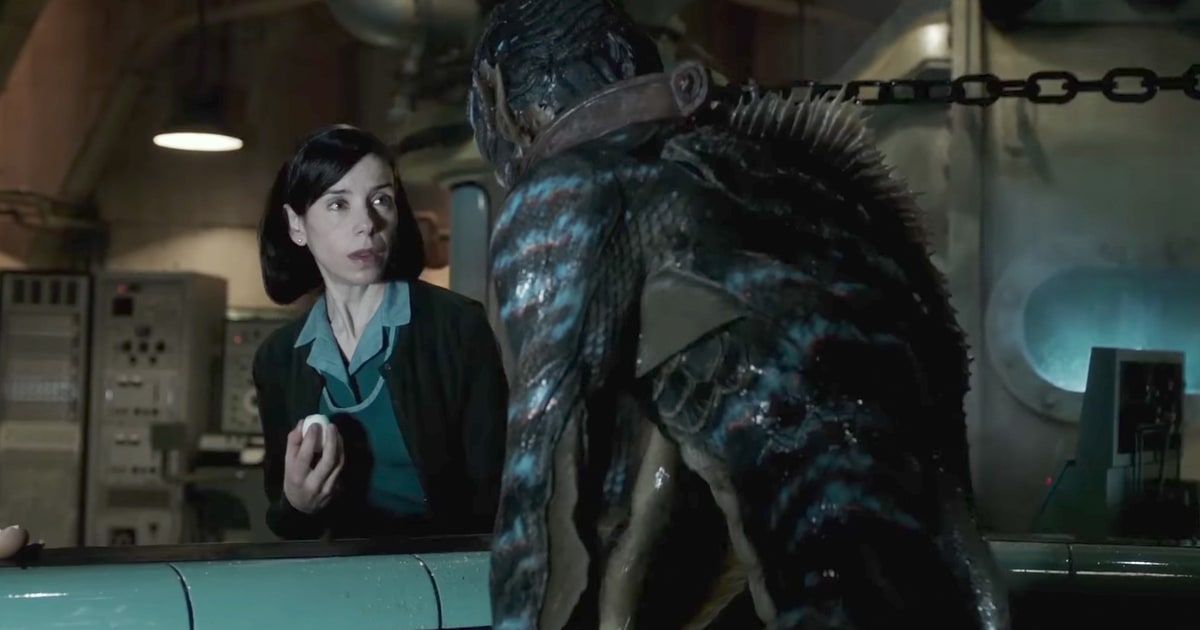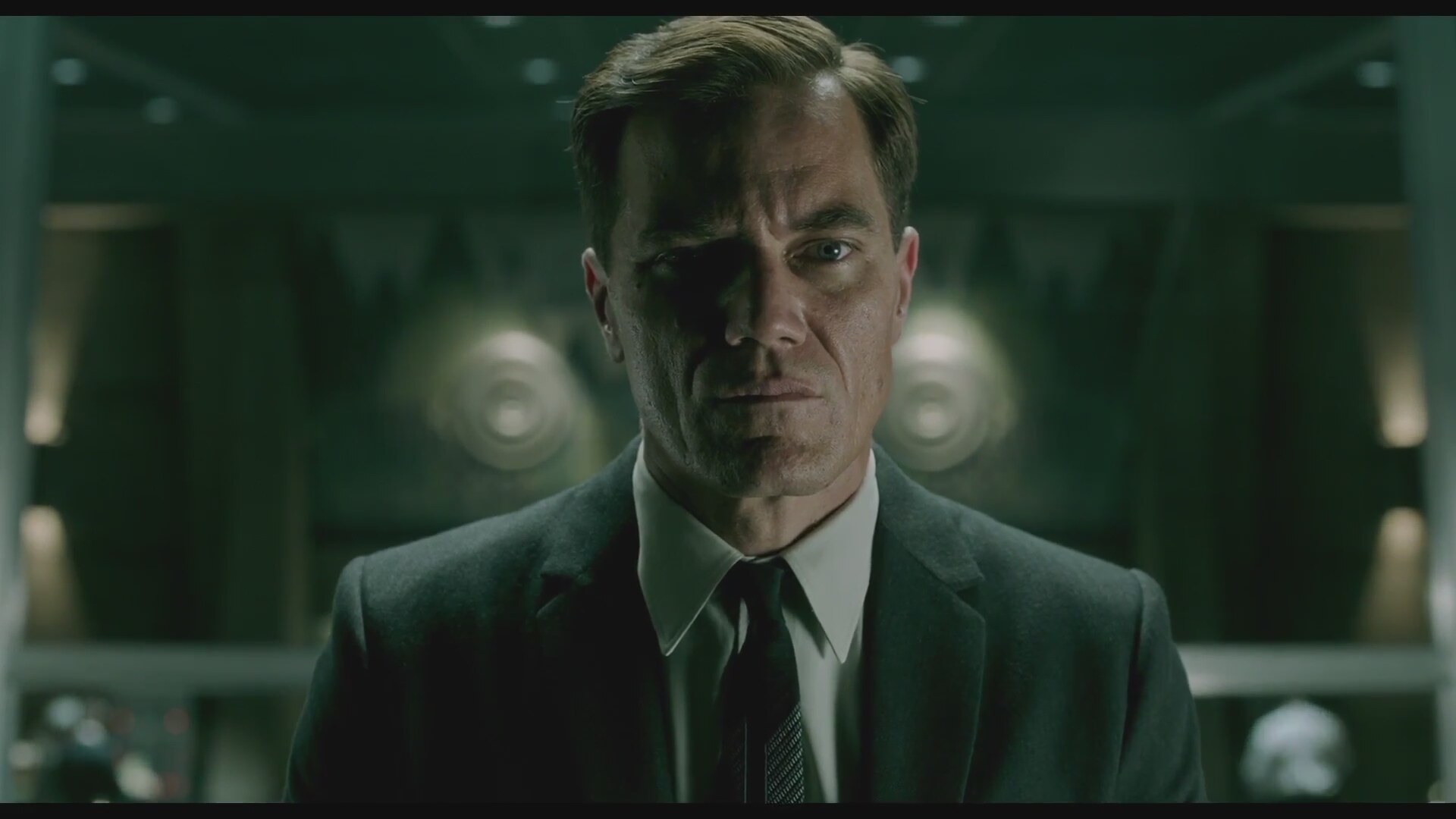Grade: B-
What if, at the end of Universal’s classic monster flick, “Creature
From The Black Lagoon,” instead of being killed, the titular creature was
captured and brought back to America? And what if he was kept in a top-secret government
laboratory where he was deeply misunderstood and neglected? And what if he also
fell in love with a human woman? That’s one way to think about “The Shape of
Water.”
Written and directed by Guillermo Del Toro, “The Shape of
Water” is an intriguing, sometimes messy genre mashup of creature horror, cold
war espionage thriller and of course interspecies romance. More importantly, it’s
a social drama about the ugliness of America circa 1962, which is where the
film succeeds the most. Del Toro asks us to consider who the real monster is: the
slimy fish man or the society he’s forcibly brought into?
Del Toro crafts a cinematic atmosphere that's equal parts
enchanted and nightmarish. Set in Baltimore, the picture is stylish and
colorful in an unsettling way. The color palette is dingy, consisting mainly of
turquois green and swamp green, along with a sickly yellow. The world of “The
Shape of Water” is both welcoming and threatening. In the neighborhood, there’s
a restaurant meant to replicate a homey fifties style, small town diner. The
host even cheerfully says: “Y’all come back now ya’ here?” as customers leave. However,
when that same host suddenly tells an African American couple that they can’t
eat there, we realize said hominess is just a façade. Society here is gloomy
and inclusive, to “monsters” like the fish guy and folks who aren’t straight white
men.
There is, indeed, a sinister, wide-eyed monster lurking
throughout the film but it’s not the fish man, it’s Richard Strictland,
(Michael Shannon) the fella who captured him and is abusing him behind closed
doors with the Governments blessing. Shannon gives another grimacing, unhinged performance,
he can do this sort of thing in his sleep, and the movie certainly isn’t subtle
in vilifying the United States government. In this regard, “The Shape of Water”
is a dour drama about America’s continued mistreatment of The Other.
Of course, “The Shape of Water” also wants to be an uplifting
love story about two outcasts. Elisa (Sally Hawkins) is a mute woman who lives
most of her life in isolation, watching movies and old TV shows. She works as a
cleaning woman at the same government lab that the fish man is being held. They
strike up an immediate friendship (she sits at the edge of his tank feeding him
eggs) and fall madly in love. Hawkins is solid in the role but their romance is
cold and emotionally distant most of the time. I appreciate that Del Toro takes
their relationship in an unexpectedly erotic direction. There’s an erotically
charged scene between them involving a flooded bathroom that’s delightfully
weird. But overall their romance develops too quickly; their affection feels
forced rather than genuine.
“The Shape of Water” also suffers from narrative messiness,
especially in the second half. A half-baked plotline involving an undercover
Soviet scientist (played by Michael Stuhlberg) trying to get a hold of the fish
man ultimately fizzles out. Given how trenchant Del Toro’s critique of American
society is, I don’t think the Cold War angle is needed. He would have been
better off removing it entirely and devoting that time to the central romance.
Additionally, the ending is abrupt and unsatisfyingly upbeat. In spite of the
film’s heavy social themes, Del Toro settles for a slightly contrived fairytale
ending.
Despite these criticisms, “The Shape of Water” has too much
going on for me to out rightly dismiss it. Del Toro puts hard-hitting societal
critiques into a bizarre, accessible, genre-bending mold.



No comments:
Post a Comment